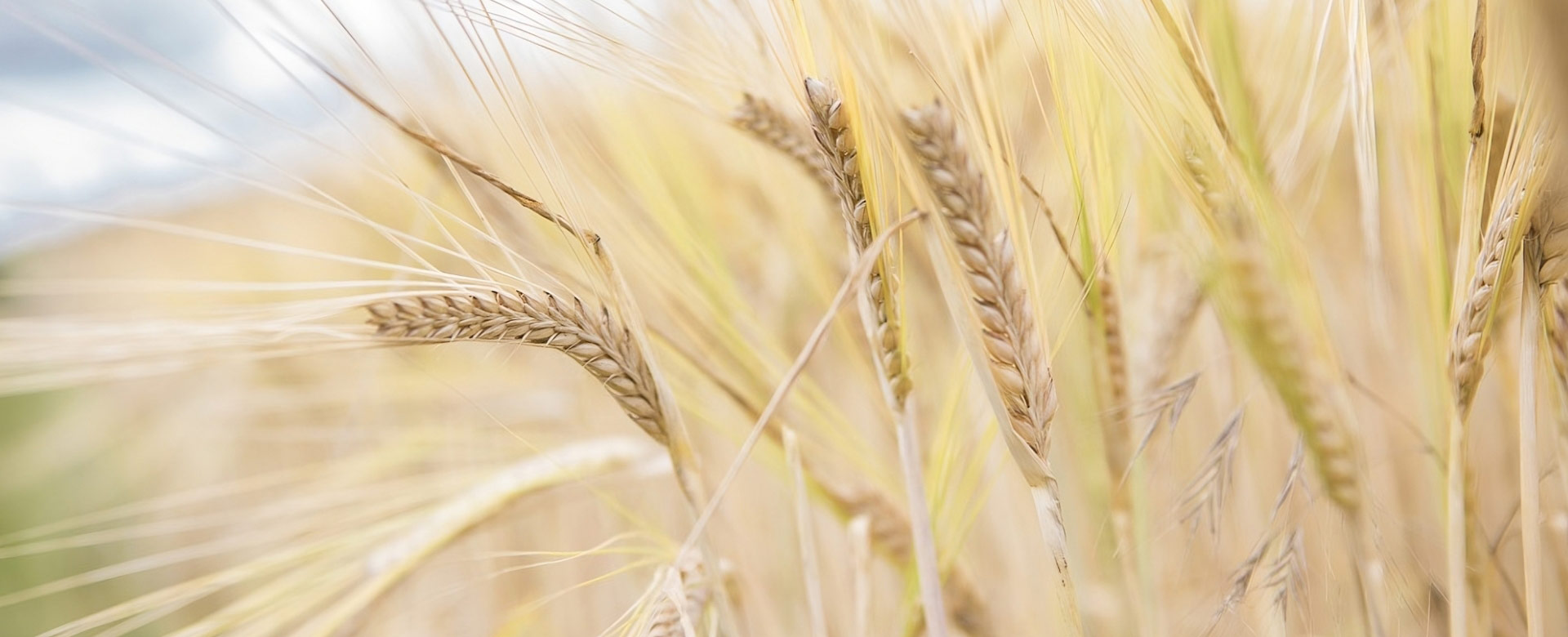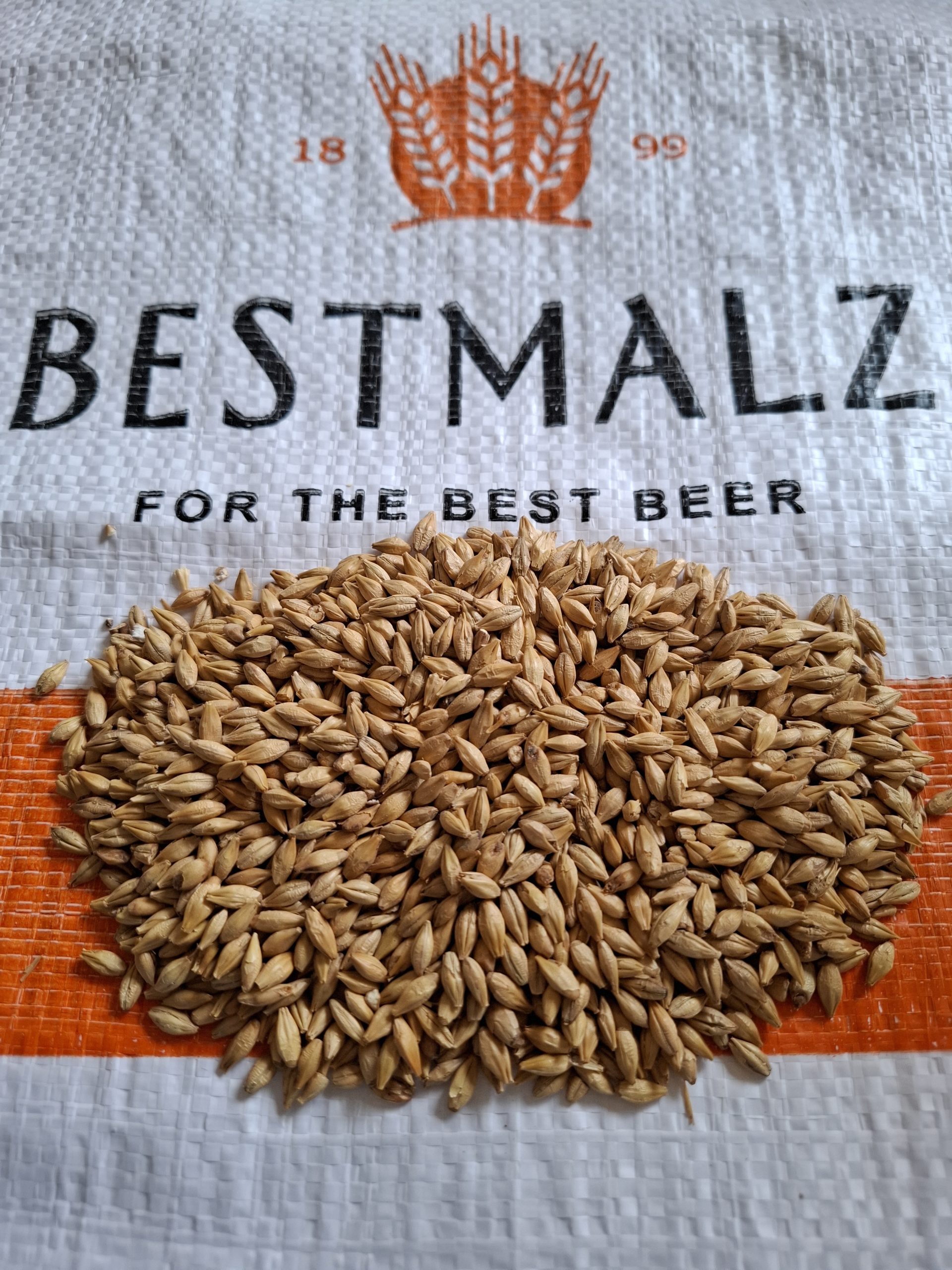Crop Report #2: German 2023 Spring Barley
Based on seed sales and initial estimates in the state malting barley promotion associations in Germany, the Braugersten-Gemeinschaft e.V. expects a spring barley area of around 350,000 ha, which corresponds to a decline in acreage of around 4% compared to the previous year. The main reasons cited for the reduction in acreage are additional demand for animal feed and energy crops following the dry and hot summer of 2022, as well as soils that can no longer be driven over in time for spring sowing. Fall-sown spring barley, on the other hand, experienced further acreage growth, increasing from about 25,000 ha in the previous year to about 45-50,000 ha in the fall. Areas with regional winter damage, some of which had to be replanted, were replanted with spring-sown spring barley. It is therefore difficult and imprecise to precisely separate and record the areas sown in the fall or spring.
For the first time in 15 years, an April in Germany was too wet, the German Weather Service reported on the preliminary weather balance for the month. Otherwise, with an average temperature of 7.5°C, April was 1.5°C cooler than the average from 1991 to 2020. According to preliminary calculations, at least 64 liters of precipitation fell per square meter. That would be a good ten percent more than the 58 liters of precipitation in the reference period. There was abundant precipitation, especially at the beginning of April in the middle of the month, but also until mid-May. However, there is a strong north-south gradient. While the highest amounts of more than 200 liters per square meter were recorded in the Alps, the Baltic Sea remained very dry, with less than 20 liters of precipitation per square meter in some areas. Even though the recovery of the water balances and the good water supply were necessary and gratifying, areas that were intended for summer barley production could partly not be tilled in time and had to be reallocated. This causes an area loss of about 2-3% especially in the south of Germany.
The often very stretched and partly late sowing as well as the cool weather cause a growth delay, which, however, is not critical. Increased disease pressure with rhynchosporium is also reported due to weather conditions, which could not always be optimally treated, especially in the south with soils that are difficult to drive on.
The water supply to the plants is good to very good across Germany. The sufficient rainfall also brought the fertilizer to the roots of the young plants in time for tillering. Youth development was thus satisfactory everywhere.
The range of varieties is dominated by Amidala, Lexy, Leandra and Avalon, which are recommended for processing in the Berlin program. In addition, RGT Planet and varieties for contract farming are in cultivation.








